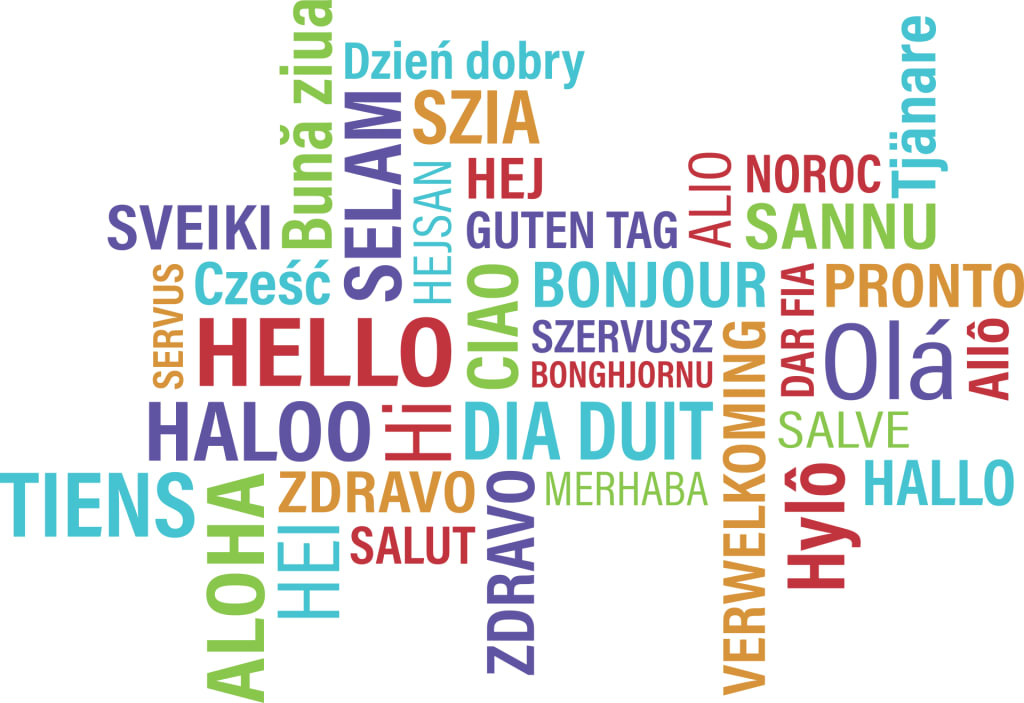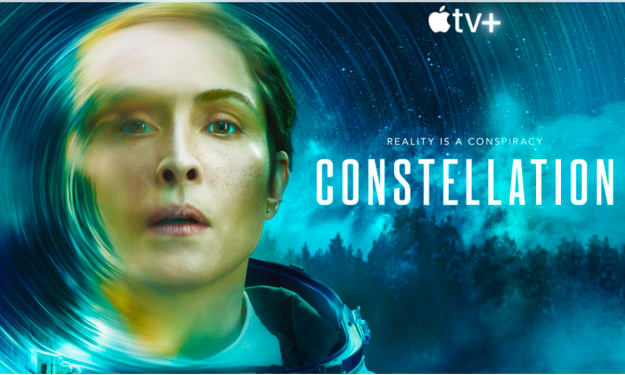
So much has been written about speech and language, someone could open a library with no other topic. Some will argue that speech is different from language, but here they will be treated as one and the same. So much has been written about the FOXP2 gene lately, but language concerns more than just one gene. Since we now have the Neanderthal genome to work with, we know they also had FOXP2. Molecular techniques show the gene is older than Neanderthal, going back to at least 400,000 years ago. Did Neanderthal have language? The proof is presumptive. They lived in groups, hunted in teams, probably buried their dead, and new research shows they also made cave paintings. It seems unreasonable they did these things in relative silence. Both Stephen Jay Gould, the evolutionary biologist, and Noam Chomsky, the language guru, believed language was a side effect of a bigger brain. They believe language was not selected for, in the traditional Darwinian way, but occurred because of its association with a non-language gene. It happens that the FOXP2 is not only related to speech, but also digestion. If that is the gene that allowed for speech, then speech may be a side effect of its digestive function. Another gene related to language is CNTNAP2. Disruption in this gene is associated with both Autism and specific language impairment. Neanderthal did not have this gene, which produces a neurexin-family neural growth factor. They have to do with carrying impulses in the brain across the synapse between neurons. Language may also have been a side effect of either brain development or reorganization. The ability to gather ancient DNA may, in the future, supply answers to these questions.
The First Language
There are many theories about the first language, and all of them contain elements of what might have occurred. Musilanguage, Festal Origins, and Hmmmmm are three that can be grouped together. These theories rely on the celebratory aspects of culture. We have all seen tribal preparations in movies. Before a hunt, marriage, funeral, or battle the tribe chants and dances to drum beats. Eventually, they use the same chant or "scat" repeatedly for the same event. Some believe music led to language.
Others cite toolmaking, meat sharing, and egalitarianism as the spark for speech. Some lay claim to proof it was politics, sex, or culture. These are very complex concepts for beginners in speech. They just seem like the end results of speech, not the origins. The Gesture groups claim language began as gestures, but gestures have a long history of being used in conjunction with speech to clarify or emphasize what is being spoken. When language was limited, gestures would have been to add additional information.
"Put the Baby Down" is a theory that holds true to the idea that necessity is the mother of invention. When we became the naked ape, babies could no longer grab onto their mothers. Other primates carry their young around with them, nearly all of the time. We could not. They had to put the baby down , to get food, to have sex, to drink. To get the mother's attention, the baby would murmur the sounds it said at the breast. The earliest representation of "mama." When a child toddled into danger, a representation of "no." When a predator was near, soothing sounds would have calmed the baby. Communication between mother and child would have been imperative, perhaps the difference between life and death. Motherease has been shown to be universal among all cultures. It is the most musical of all languages, it is the most necessary, and maybe the oldest language on Earth.
About the Creator
Monica Bennett
I am a retired high school and college teacher. I have taught forensics, biology, chemistry, ecology, and Earth science.. Long Island has been my home for 60 years.






Comments
There are no comments for this story
Be the first to respond and start the conversation.